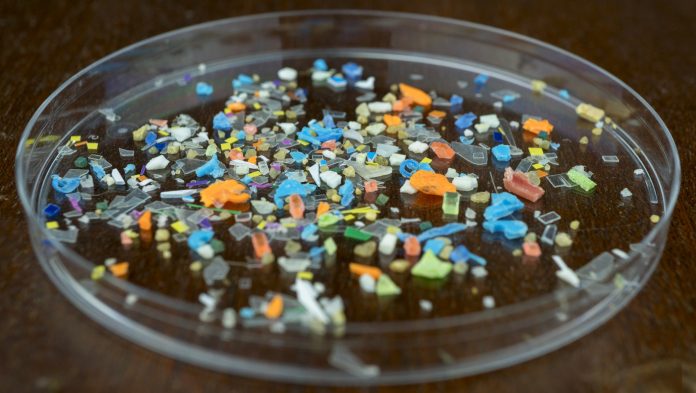A groundbreaking study has revealed a disturbing link between microplastics and human health. Researchers have discovered that tiny plastic particles are present in the bloodstreams of a significant number of people
The study, published in the prestigious New England Journal of Medicine, analyzed plaque samples from patients with carotid artery disease. This condition involves the buildup of plaque in the arteries, which can restrict blood flow.
Microplastics found in the human bloodstream
The researchers found a correlation between the presence of microplastics and nanoplastics in the plaque and an increased risk of serious health complications.
While the study does not definitively prove that microplastics cause these health issues, it raises significant concerns about the potential impact of plastic pollution on human health.
The growing plastic problem
Microplastics are tiny plastic particles that form when larger plastic items break down. They are pervasive in the environment, found in water, air, and soil. The widespread use of plastics in everyday life has led to a significant increase in microplastic pollution.
Overall, 257 subjects were followed up for an average of 33.7 months. Polyethylene was detectable in the excised carotid plaque of 150 patients; thirty-one of these also had measurable levels of polyvinyl chloride in the plaque.
The average levels of polyethylene and polyvinyl chloride in plaques were 21.7 μg/mg and 5.2 μg/mg, respectively.
The need for further microplastic research
The findings of this study highlight the urgent need for more research into the health effects of microplastic exposure. Understanding the full extent of the risks associated with microplastics is crucial for developing effective strategies to protect human health and the environment.
While the study’s results are alarming, it’s essential to approach the issue with caution. More research is necessary to establish a definitive link between microplastics and these health outcomes. However, the study serves as a strong call to action to address the growing problem of plastic pollution.











